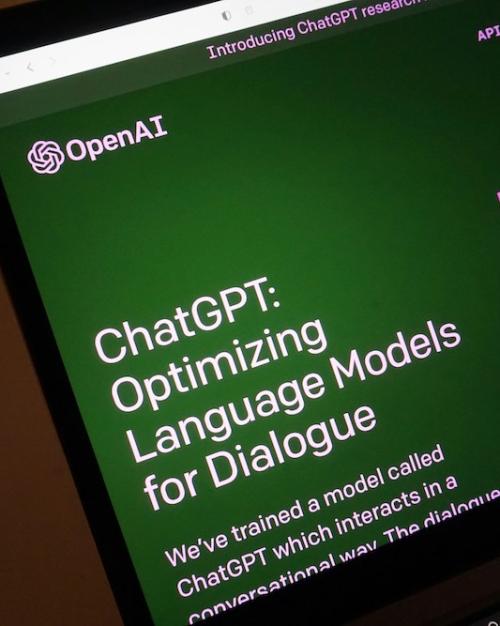Optimists and ‘doomers’ are fighting over the direction of AI research – and those who want speed may have won this round, Sarah Kreps, the John L. Wetherill Professor of government in the College of Arts and Sciences and the Director of Tech Policy Institute in the Cornell Brooks School of Public Policy, writes in an op-ed in The Guardian.
“In November 2022, OpenAI launched ChatGPT, a consumer-facing artificial intelligence tool that could hold a conversation with users, answer questions, and generate anything from poems to computer code to health advice,” Kreps writes in the piece. “A year later, ChatGPT’s popularity has continued, with 100 million people using it on a weekly basis, and over 92% of Fortune 500 companies and several competitor firms looking to cash in or improve on the technology. But that’s not why ChatGPT’s creator, OpenAI, was in the news this week. Instead, OpenAI was the center of a fierce philosophical debate about what it means to develop artificial general intelligence for the benefit of humanity.”
Read the story in The Guardian.




